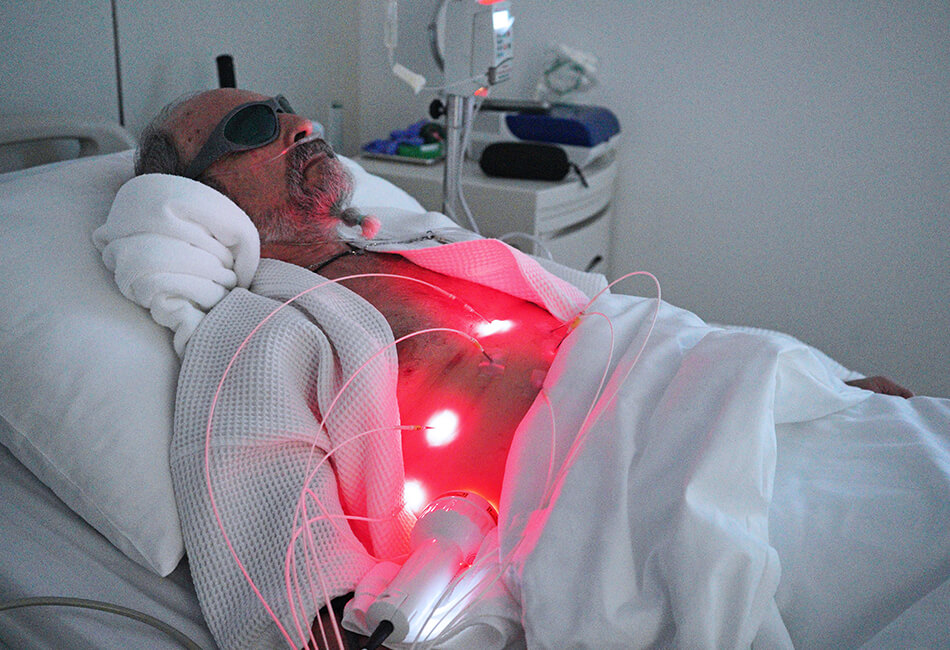Immune Disorder Stem Cell Treatment
Immune Disorder Treatment: In cases of immune system overactivity, the body attacks and damages its own tissues (autoimmune diseases). Immune deficiency diseases decrease the body’s ability to fight invaders, causing vulnerability to infections.
Immune Disorder Stem Cell Treatment
When your immune system is on point, it’s a lifesaver. But as good as it may be, it’s not perfect. Sometimes, this group of special cells, tissues, and organs doesn’t act the way it should.
If it kicks into action too often, you may get a condition like allergies, asthma, or eczema. Or if your immune system starts to attack your body instead of safeguarding it, you could have an autoimmune disorder like rheumatoid arthritis or type 1 diabetes.
At least 80 illnesses are caused by immune system problems. They can all cause inflammation.
Mesenchymal Stem Cells have the ability to modulate aggressive or depleted immune systems. This ability can be enhanced by the use of specific supportive therapies such as IV laser blood irradiation, Immune peptides, and RNA therapy.


Stem Cell Treatment for Immune Disorders
The immune system produces antibodies that attach to the linings of joints. Immune system cells then attack the joints, causing inflammation, swelling, and pain. If untreated, rheumatoid arthritis causes gradually causes permanent joint damage.
People with lupus develop autoimmune antibodies that can attach to tissues throughout the body. The joints, lungs, blood cells, nerves, and kidneys are commonly affected in lupus.
- The immune system attacks the lining of the intestines, causing episodes of diarrhea, rectal bleeding, urgent bowel movements, abdominal pain, fever, and weight loss. Ulcerative colitis and Crohn’s disease are the two major forms of IBD.
- Multiple sclerosis (MS). The immune system attacks nerve cells, causing symptoms that can include pain, blindness, weakness, poor coordination, and muscle spasms.
Immune system antibodies attack and destroy insulin-producing cells in the pancreas. By young adulthood, people with type 1 diabetes require insulin injections to survive.
The immune system attacks the nerves controlling muscles in the legs and sometimes the arms and upper body. Weakness results, which can sometimes be severe. Filtering the blood with a procedure called plasmapheresis is the main treatment for Guillain-Barre syndrome.
Similar to Guillian-Barre, the immune system also attacks the nerves in CIDP, but symptoms last much longer. About 30% of patients can become confined to a wheelchair if not diagnosed and treated early.
In psoriasis, overactive immune system blood cellscalled T-cells collect in the skin. The immune system activity stimulates skin cells to reproduce rapidly, producing silvery, scaly plaques on the skin.
The immune system produces antibodies that stimulate the thyroid gland to release excess amounts of thyroid hormone into the blood (hyperthyroidism). Symptoms of Graves’ disease can include bulging eyes as well as weight loss, nervousness, irritability, rapid heart rate, weakness, and brittle hair. Destruction or removal of the thyroid gland, using medicines or surgery, is usually required to treat Graves’ disease.
Antibodies produced by the immune system attack the thyroid gland, slowly destroying the cells that produce thyroid hormone. Low levels of thyroid hormone develop (hypothyroidism), usually over months to years. Symptoms include fatigue, constipation, weight gain, depression, dry skin, and sensitivity to cold.
Antibodies bind to nerves and make them unable to stimulate muscles properly. Weakness that gets worse with activity is the main symptom of myasthenia gravis.
The immune system attacks and damages blood vessels in this group of autoimmune diseases. Vasculitis can affect any organ, so symptoms vary widely and can occur almost anywhere in the body.
We organize our stem cell packages based on the size and complexity of your condition. Small, simple conditions require relatively few stem cells to treat them. Large, complicated conditions— or conditions you wish to treat as quickly and as completely as possible—will require larger volumes of stem cells to get the job done.
Our price for this treatment starts at $19.500 (US Dollar). The treatment duration is between 3-5 days depending on your specific condition.
Details | Treatment Type | Stem Cell Volume |
I | Single Area of Focus & Treatment | 50,000,000 stem cells |
II | Multiple Areas of Focus, Simple Inflammatory Conditions, or Early Stage Disease | 100,000,000 stem cells |
III | Complex Conditions or Premium Option for Simple Conditions | 200,000,000 stem cells |
IV | Advanced Stage Disease or Fastest Possible Treatment for All Conditions | 300,000,000+ stem cells |
We select your supportive therapies based on your condition. Your supportive therapies will direct your stem cells to the impacted tissue that needs to be regenerated, trigger selective cell activity, and provide your body with additional biological building blocks to deliver a faster and more complete regeneration.
We offer many supportive therapies, that include but are not limited to:
- Peptides & Messenger RNA
- Laser Blood Irradiation
- Laser Tissue Radiation
- Shockwave Therapy
- Ozone or Oxygenation
- NAD+
- Physiotherapy
- Nutrition & Enzymes
We curate an additional set of simple supportive therapies that you will bring home with you after your treatment, and self-administer for one to three months. This take home set ensures that your stem cells and your impacted tissue continue to receive direction and building blocks to continue to regenerate after your initial treatment.
We typically provide a one to three-month supply of:
- Compounded Nutrition
- Messenger RNA
- Growth Factors






